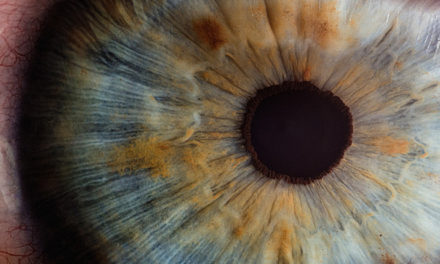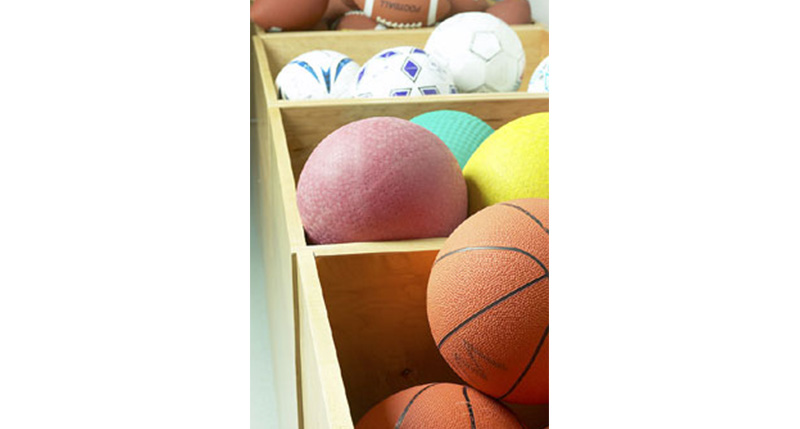Is a School Vision Screening “Good Enough” for Your Student?
It’s August! Where did the summer go? In just a few short weeks your kids will be heading back to school in a flurry of photos and emotions as you watch them start the new school year. You want them to learn as much as possible, so consider this: With 80% of learning tied to vision, is your student starting the semester with all the tools necessary to have the best school year ever?
Each year, most schools provide a vision screening for students. The goal of such screenings is to identify students with undetected vision problems. However, according to the American Optometric Association (AOA), these screenings can’t be relied on to provide the high level of results that a comprehensive eye exam by your optometrist does.
Why school vision screenings aren’t enough to safeguard your student’s vision
So, what do school vision screenings test for? While screenings vary from state to state and even from school district to school district, they mainly test visual acuity—that is, whether a student can see and correctly read the middle line of an eye chart. When a student doesn’t meet this criterion, parents receive a note recommending a thorough optometric exam.
While visual acuity is important, it is just one of many hurdles your student must overcome in order to see his or her best and therefore maximize the information absorbed and learned during the school year.
Such cursory screenings can miss up to 60% of vision problems in children. Passing a visual screening does not mean that your child sees optimally to perform his or her best at school and in sports. So, how can you be sure they have the visual skills necessary to excel?
Schedule a comprehensive eye exam with your optometrist
A comprehensive eye exam can be the key to unlocking your student’s potential. When an optometrist examines a child’s eyes, he or she considers a thorough range of information collected by state-of-the-art equipment. With this information, an optometrist can identify a wide range of potential problems that could otherwise prevent your child from being able to learn to his or her maximum ability.
What does a comprehensive eye exam test for?
In addition to taking a family and patient health history, your optometrist will perform a thorough evaluation of overall eye health in addition to evaluating the following critical eye functions that your student needs to succeed in school:
- Visual acuity (how well they see) – both from a distance and up-close
- The presence of nearsightedness, farsightedness or astigmatism
- Peripheral vision
- Depth perception
- Color perception
- Focusing skills – whether the eyes can change focus quickly and effectively, such as when a student looks down at a paper on the desk and then up at the teacher across the room in rapid succession.
- Eye teaming skills – how well the eyes work together, which is critical to reading and comprehending words across a page.
How often should kids see their optometrist?
Remember: Eyes grow and change as your child does. If their vision is good, they should see their optometrist for an eye exam every two years. If there are any risk factors or visual concerns, they should have a comprehensive eye exam annually to monitor their vision for changes.
A typical scenario
We often see students who pass the school’s visual screening but aren’t doing well in school or have poor reading ability, but nobody seems to understand why. By testing their visual acuity, focusing skills and eye teaming skills, an optometrist can provide useful insight into what might be causing your child’s challenges.
Early intervention is key
Many conditions are easily treatable when caught early, ideally by ages 4 to 6; most children will make significant improvements or even a full recovery. However, if conditions such as amblyopia, poor focusing or poor eye teaming go untreated, it becomes increasingly more difficult for the eyes to learn to work together smoothly or for the weaker eye to regain its full range of vision. Without intervention, these easily correctable conditions could give your child a lifetime of trouble and result in your student missing the opportunity to learn and also to perform their best in extra-curricular activities and sports.
It’s easy to prevent potentially lifelong problems by scheduling a comprehensive eye exam with your optometrist. Call us today so we can ensure that your students are seeing their best and have every possible visual tool to make this their best school year yet.





